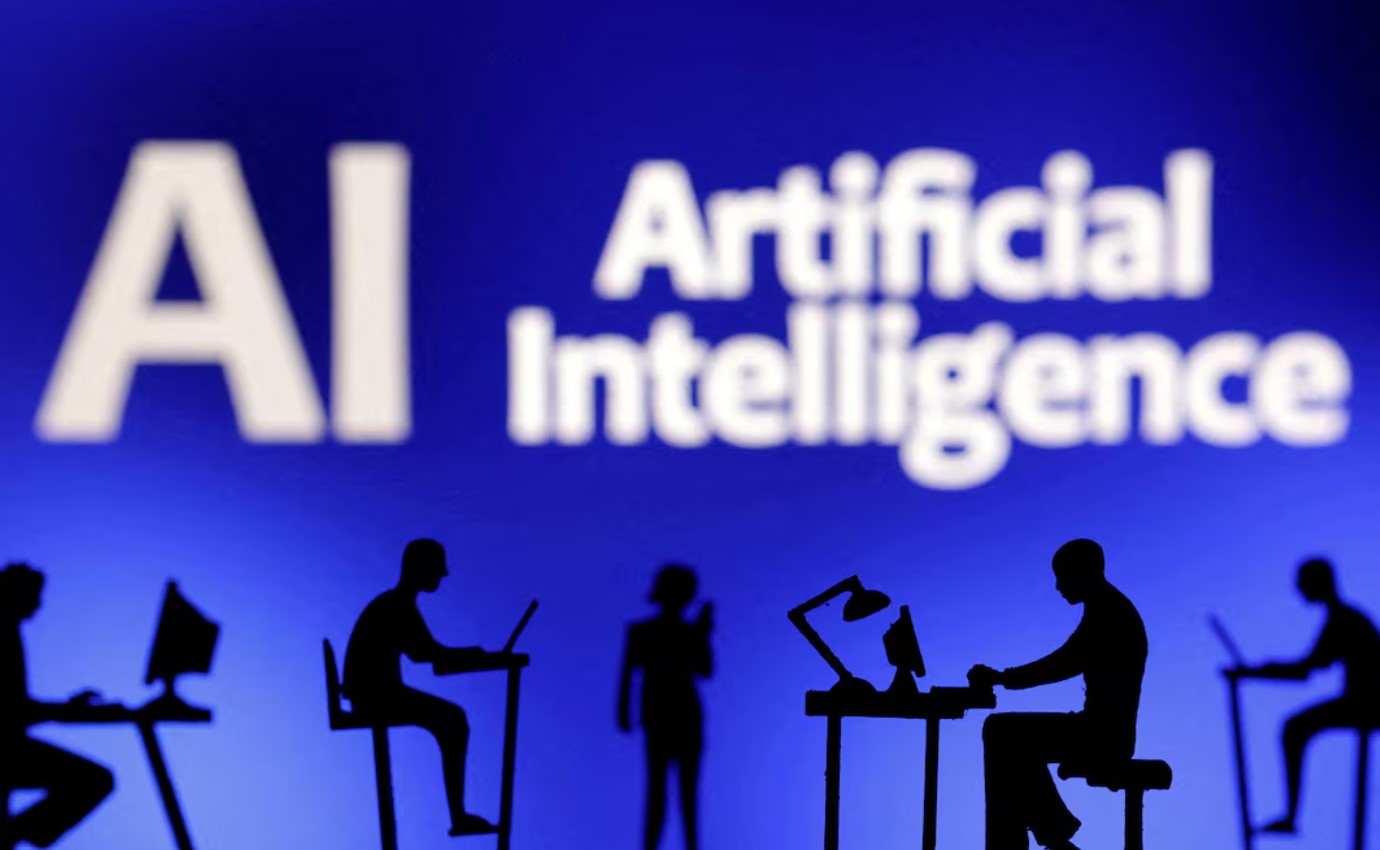Michael Ioannou, the chief information officer of Elias Neocleous & Co LLC, has called for an urgent shift in how organisations approach cybersecurity, describing it as a core component of operational resilience and national security.
“Our era is characterised by a relentless barrage of technological developments,” he said.
Artificial Intelligence (AI) is not only redefining business capabilities but, he added, digital transformation is fundamentally reshaping the business landscape itself.
In such a rapidly evolving environment, Ioannou believes only those who choose to innovate, invest strategically and transform progressively will be able to lead in the emerging digital reality.
Cybersecurity, he explained, must no longer be viewed as a marginal or technical concern.
It has become a core prerequisite for business continuity, citizen trust and the protection of national sovereignty.
“As technology permeates every aspect of our lives, from personal communication to critical services, the surface area exposed to cyber threats is expanding at an alarming rate,” he noted.
He went on to say that cyberattacks are no longer isolated or hypothetical events. Instead, they now represent a constant and evolving threat, with some even state-sponsored.
Incidents such as ransomware attacks on hospitals and power grids, widespread data breaches, and digital espionage targeting key institutions, he said, show that the risks far exceed financial loss.
“The stakes are about more than just money,” he said. “It’s about trust in institutions, social cohesion, and national autonomy in the digital space.”
Against this backdrop, Ioannou called for cybersecurity to be integrated into every layer of strategic planning, from operational management to national governance.
He stressed that the current reactive, incident-based model must give way to a more comprehensive framework that includes prevention, detection, response and recovery.
This, he said, requires not just investment in technology, but also in human capital and regulatory preparedness.
He acknowledged that Artificial Intelligence is becoming both a powerful ally and a potential threat in this landscape.
AI, he said, is arming defenders with predictive tools and real-time analytics, while also enabling attackers to launch more sophisticated operations.
“The rise of deepfakes, AI-powered phishing and automated bot attacks is changing the rules of the game,” he warned.
In his view, traditional cyber defences are no longer sufficient. What’s needed, he said, is continuous and in-depth system monitoring, real-time risk assessment and predictive analytics capable of flagging anomalies before damage is done.
He concluded that cybersecurity has become the foundation of digital trust. “Any organisation that fails to protect its data, whether customer-related or internal, risks more than just files. It risks its credibility, its clients, and ultimately its future.”
For Ioannou, the question is no longer whether an organisation will be attacked, but “it’s when it happens, how ready you are, and how well you respond to limit the damage and bounce back.”






Click here to change your cookie preferences